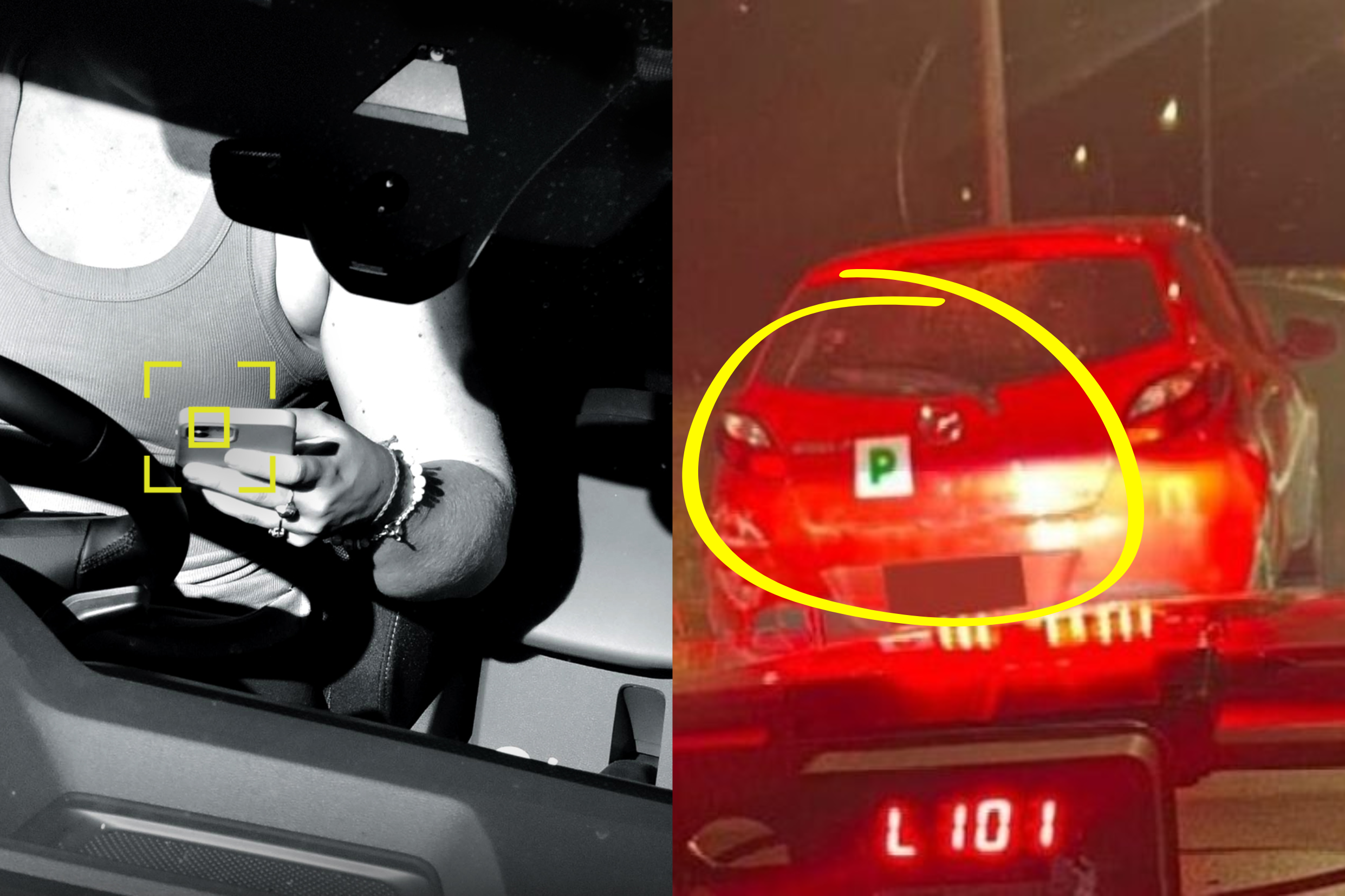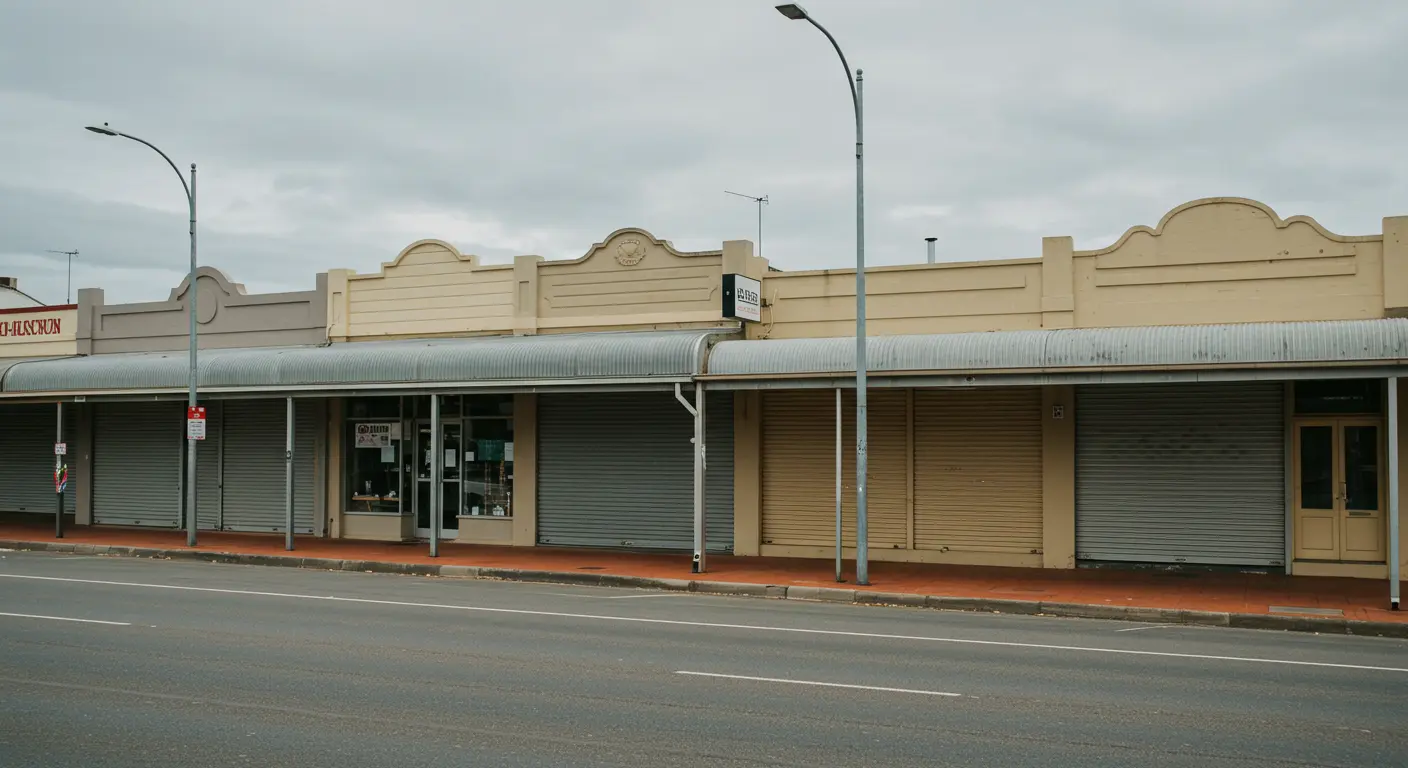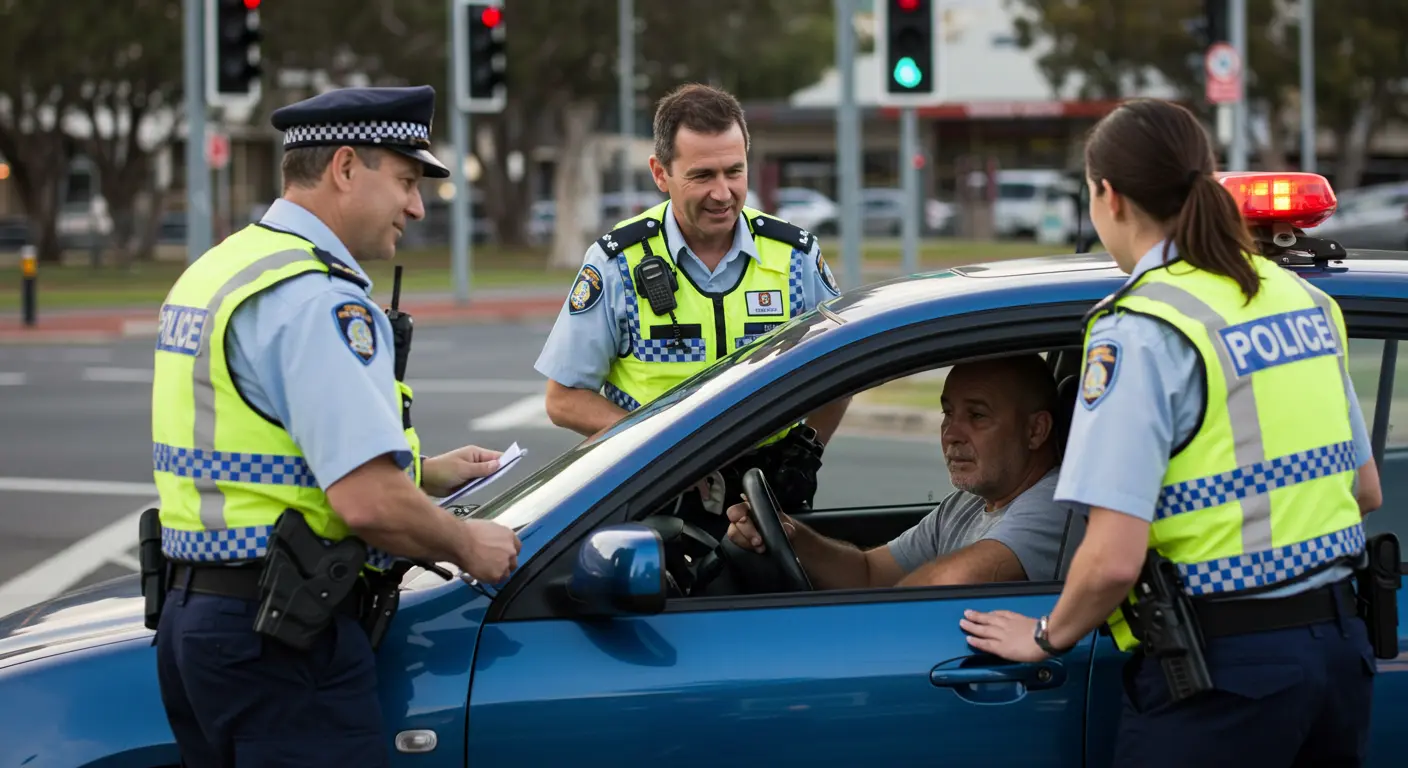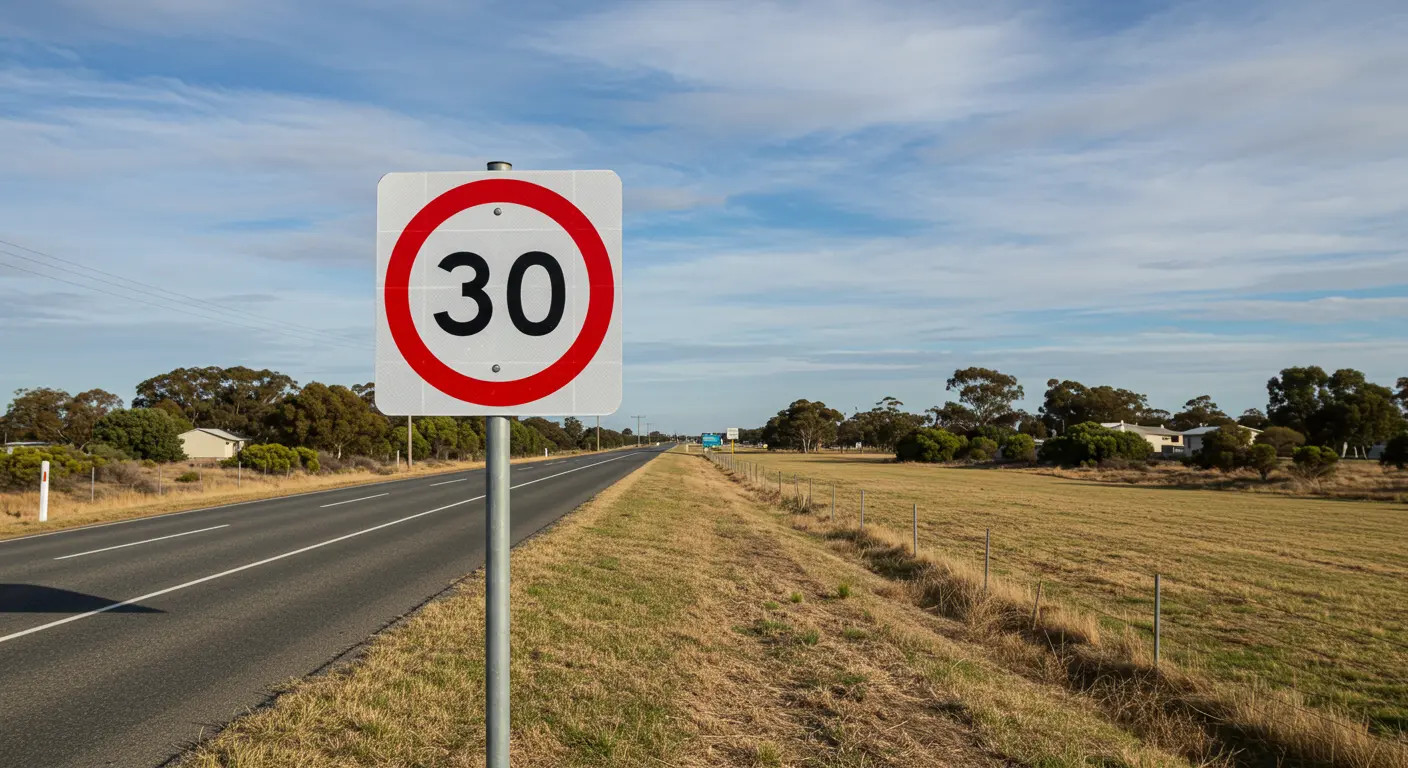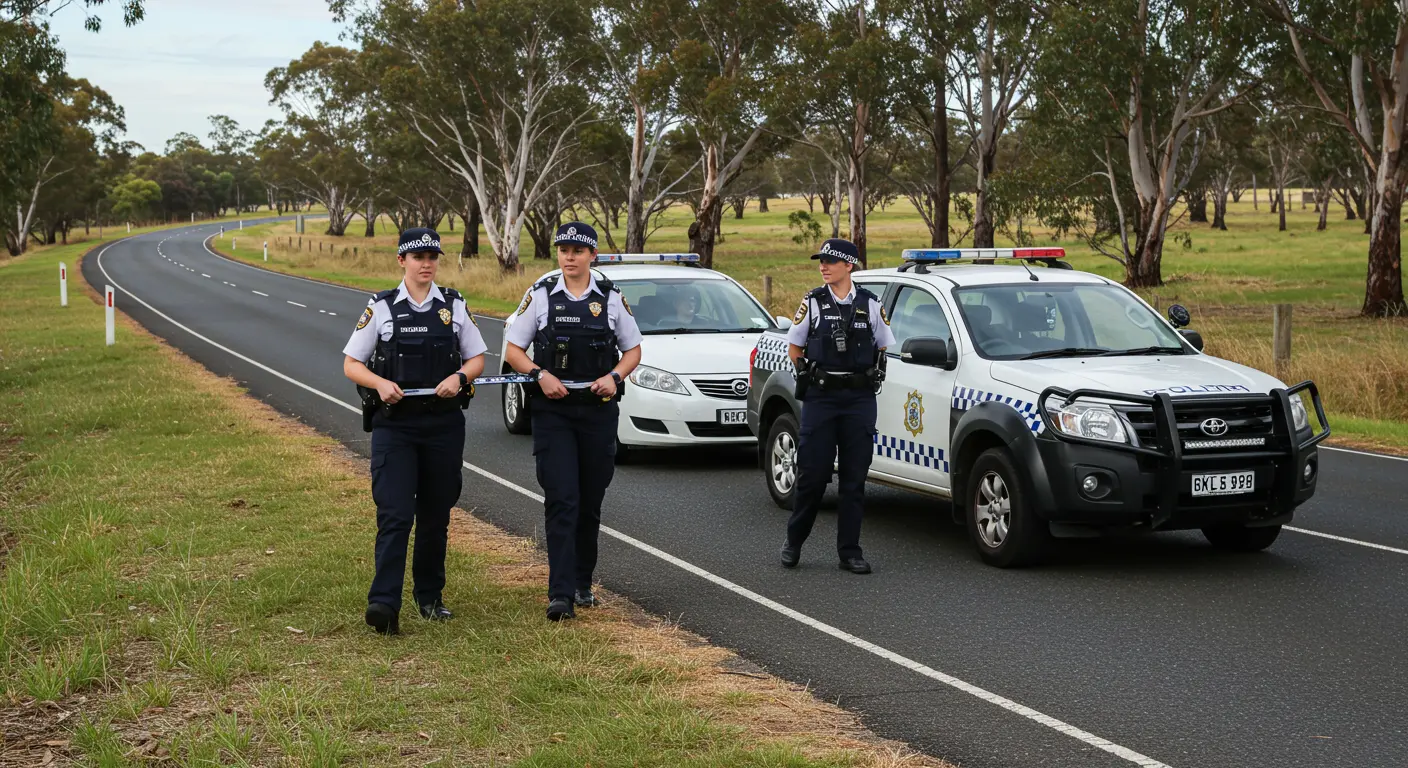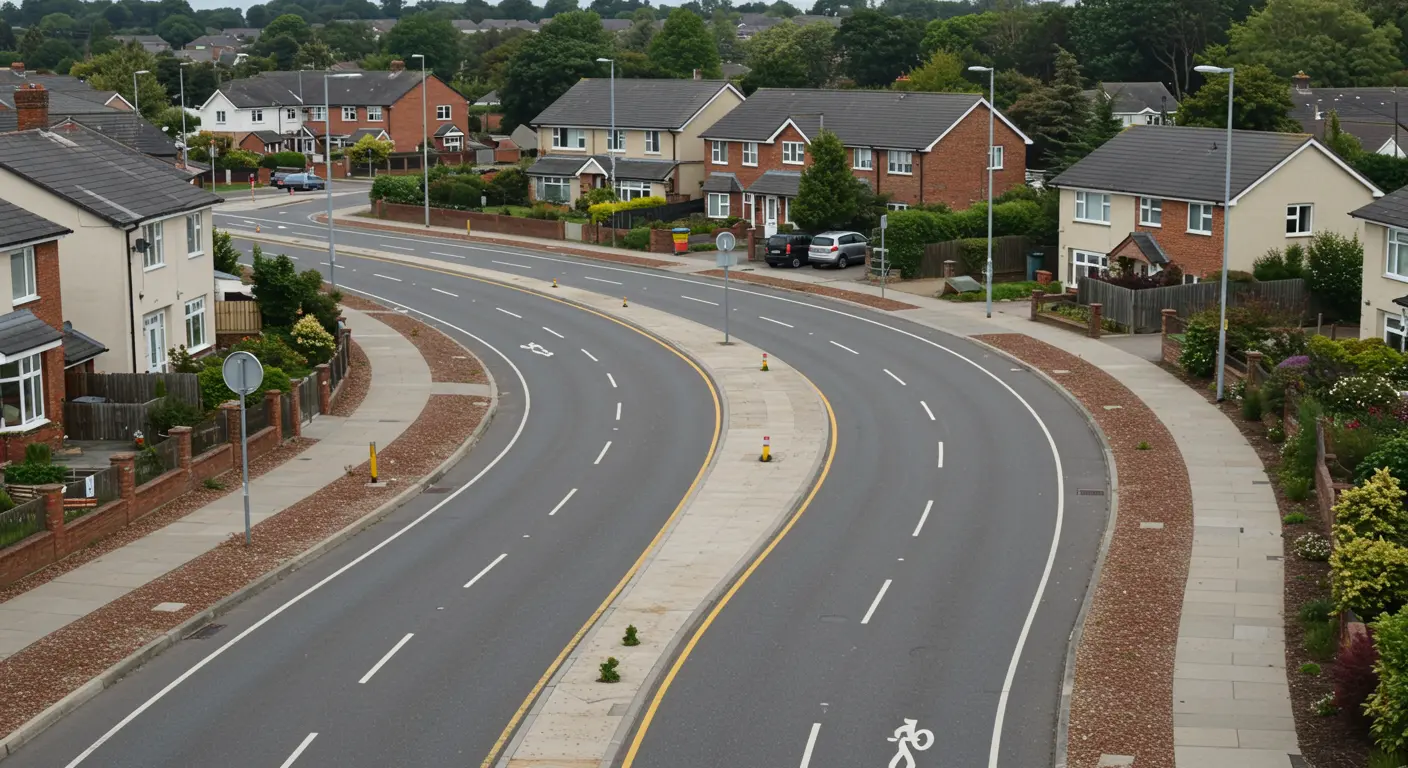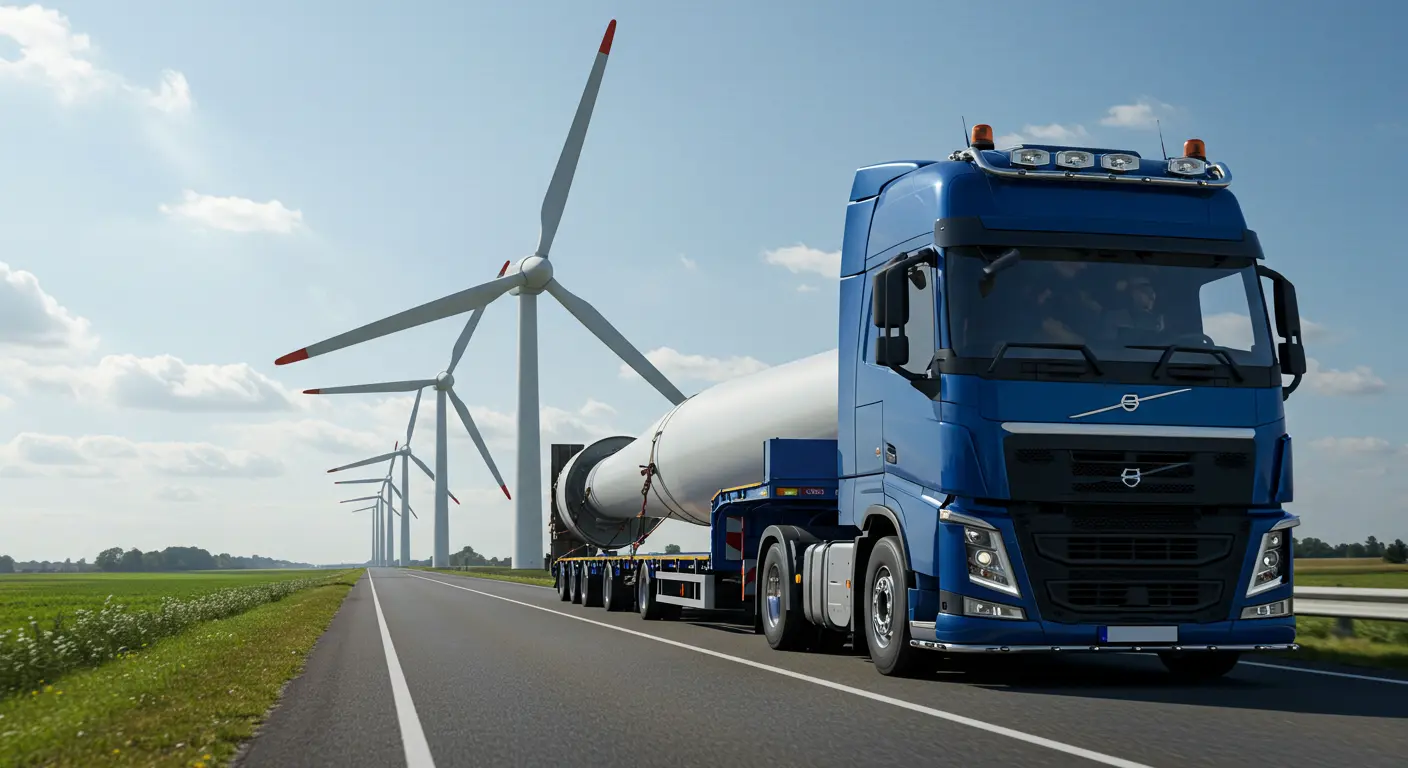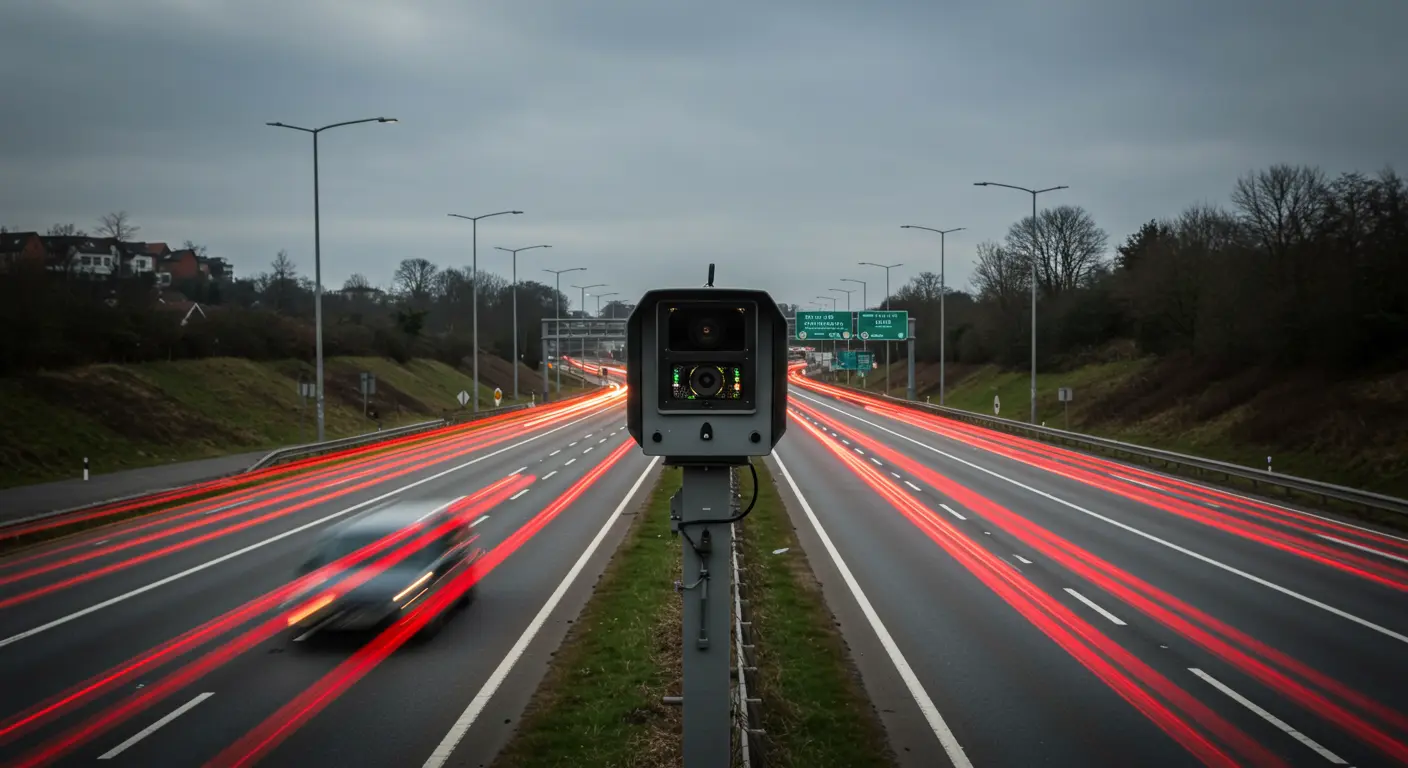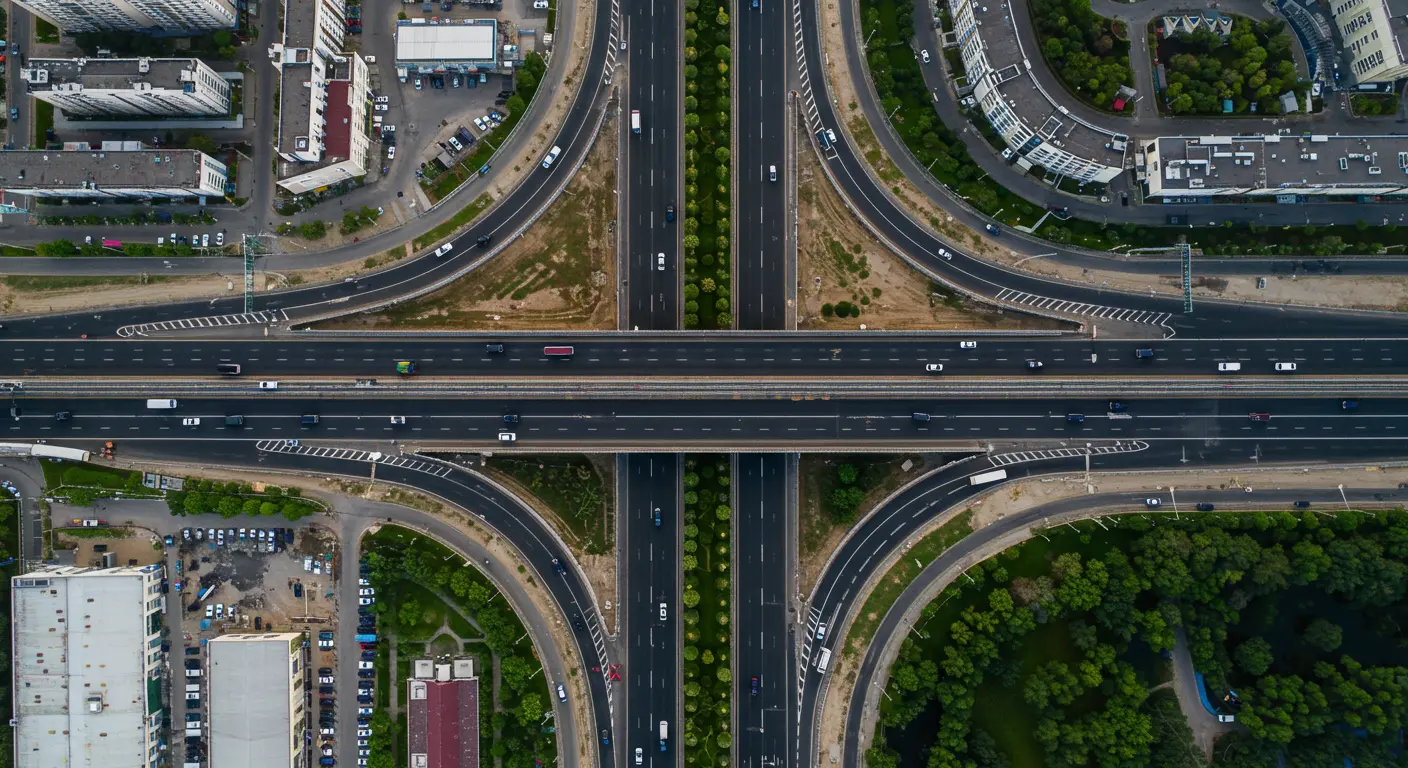New South Wales (NSW) is rolling out a significant update to its road safety enforcement by trialing average speed cameras for light vehicles.
Traditionally used for monitoring heavy vehicles, these cameras are now being extended to cars and motorcycles to enhance road safety across the state.
Here’s everything you need to know about how they work, where they’ll be used, and what this means for drivers.
What Are Average Speed Cameras?
Average speed cameras, also known as point-to-point cameras, calculate the average speed of a vehicle over a designated stretch of road. They record the time it takes for a vehicle to travel between two fixed points. If the calculated speed exceeds the posted speed limit, the driver is deemed to have been speeding.

Unlike traditional speed cameras, which only capture speed at a single location, these cameras encourage drivers to maintain consistent adherence to speed limits over longer distances.
Where Will the Trial Take Place?
NSW’s trial of average speed cameras for light vehicles will begin in mid-2025 at two regional locations:
- Pacific Highway: Between Kew and Lake Innes (Port Macquarie), covering a 15-kilometre stretch.
- Hume Highway: Between Coolac and Gundagai, spanning 16 kilometres.

These locations were selected due to their crash histories, with a combined total of six fatalities and 33 serious injuries recorded between 2018 and 2022. The trial aims to reduce such incidents by promoting safer driving behavior.
Why the Change?
Speeding remains a leading cause of road fatalities in NSW, contributing to around 41% of all road deaths over the past decade. While average speed cameras have been used for heavy vehicles since 2010, this expansion to light vehicles aims to address the broader issue of speeding across all vehicle types.
According to Transport for NSW, this initiative aligns with global best practices, as many jurisdictions around the world have implemented similar systems with proven success in reducing road trauma.
How Will the Trial Work?
The trial will include a 60-day warning period to educate drivers and encourage compliance before full enforcement begins:
- Warning Period: Drivers exceeding the speed limit by less than 30km/h will receive warning letters instead of fines.
- Full Enforcement: After 60 days, penalties will apply for any breaches, including fines, demerit points, and potential license suspensions for severe infractions.
This phased approach is designed to give drivers time to adjust to the new enforcement system while emphasizing its importance for safety.
What’s the Impact on Drivers?
Drivers should expect:
- Greater Consistency: The system rewards consistent adherence to speed limits rather than slowing down for fixed cameras.
- Wider Coverage: Unlike traditional speed cameras, average speed cameras monitor behavior over extended distances, making it harder for speeding to go unnoticed.
- Increased Awareness: The trial aims to build awareness about safe driving habits, particularly in regional areas where speeding incidents are more prevalent.
How Does NSW Compare with Other States?
NSW has historically limited the use of average speed cameras to heavy vehicles. In contrast, all other mainland Australian states and the ACT already use these systems for both heavy and light vehicles.
Internationally, countries such as the UK, Norway, and the Netherlands have successfully implemented average speed cameras for all vehicle types, reporting significant reductions in speeding-related incidents.
What’s Next?
The trial’s success will determine whether average speed cameras become a permanent fixture in NSW’s road safety strategy. If effective, they could be rolled out to additional locations across the state, further aligning NSW with national and international best practices.
Key Takeaways for NSW Drivers
- Average speed cameras will be trialed for light vehicles on select highways in mid-2025.
- These cameras aim to reduce speeding-related accidents and improve road safety.
- A 60-day warning period will allow drivers to adapt to the new system.
As speeding continues to pose a major threat to road safety, initiatives like these represent a proactive approach to protecting lives on NSW roads. Stay informed and drive safely to contribute to the success of this vital program.
Full List of Point to Point Speed Camera Locations
| Number | Road Section | Approximate Length (km) | Start of Warning Letter Period |
|---|---|---|---|
| 1 | Pacific Highway Between Harwood and New Italy | 35 | 31/03/2010 |
| 2 | Great Western Highway Between Meadow Flat and Raglan | 26 | 31/05/2010 |
| 3 | Federal Highway Between Goulburn and Collector | 20 | 30/05/2011 |
| 4 | Blackwall Drive Between Woodburn and Wardell | 18 | 28/06/2011 |
| 5 | Mitchell Highway Between Molong and Cundumbul | 28 | 05/08/2011 |
| 6 | Pacific Highway Between Nabiac and Taree | 17 | 05/08/2011 |
| 7 | Hume Highway Between Coolac and Bowning | 72 | 26/08/2011 |
| 8 | Hume Highway Between Gundagai and Coolac | 16 | 26/08/2011 |
| 9 | Monaro Highway Between Bredbo and Cooma | 28 | 17/09/2011 |
| 10 | Gwydir Highway Between Glen Innes and Inverell | 57 | 25/10/2011 |
| 11 | Oxley Highway Between Gunnedah and Tamworth | 60 | 30/11/2011 |
| 12 | Pacific Highway Between Port Macquarie and Kempsey | 36 | 14/12/2011 |
| 13 | New England Highway Between Muswellbrook and Aberdeen | 7 | 16/12/2011 |
| 14 | New England Highway Between Singleton and Muswellbrook | 36 | 20/12/2011 |
| 15 | Newell Highway Between Eumungerie and Gilgandra | 30 | 22/12/2011 |
| 16 | Newell Highway Between Peak Hill and Tomingley | 10 | 22/12/2011 |
| 17 | Golden Highway Between Sandy Hollow and Merriwa | 28 | 01/03/2012 |
| 18 | Pacific Highway Between Kew and Port Macquarie | 15 | 17/08/2012 |
| 19 | Pacific Highway Between Urunga and Valla | 13 | 29/09/2012 |
| 20 | Picton Road Between Wilton and Mt Keira | 17 | 17/10/2012 |
| 21 | Newell Highway Between Forbes and West Wyalong | 94 | 22/03/2013 |
| 22 | Mount Ousley Road Between Bulli and North Wollongong | 15 | 28/01/2014 |
| 23 | Pacific Highway Between Ballina and Wardell | 16 | 05/02/2014 |
| 24 | Pacific Highway / Blackwall Drive Between Tyndale and Harwood | 21 | 05/02/2014 |
| 25 | Great Western Highway Between Mount Victoria and Lithgow | 11 | 19/01/2015 |
| 26 | WestConnex M8 Tunnel Between St Peters and Kingsgrove | 9 | 18/08/2020 |
| 27 | M5 East Tunnel Between Arncliffe and Kingsgrove | 4 | 13/10/2020 |
| 28 | WestConnex M4 Tunnel Between Ashfield and Lidcombe | 7 | 30/10/2020 |
| 29 | NorthConnex Between West Pennant Hills and Wahroonga | 9 | 27/11/2020 |
| 30 | WestConnex M4-M8 Link Tunnel Between Ashfield and St Peters | 10 | 21/01/2023 |
| 31 | Rozelle Interchange Between Rozelle and Annandale/Leichhardt | 24 | 06/03/2024 |
| 32 | Cross City Tunnel Between Sydney and Darlinghurst | 2 | - |
| 33 | Eastern Distributor Between Zetland and Sydney | 6 | - |
| 34 | M2 Motorway Between Artarmon and Baulkham Hills | 20 | - |
| 35 | M5 Motorway Between Kingsgrove and Casula | 23 | - |
| 36 | M7 Motorway Between Baulkham Hills and Prestons | 40 | - |
| 37 | Sydney Harbour Tunnel Between Sydney and North Sydney | 1 | - |
